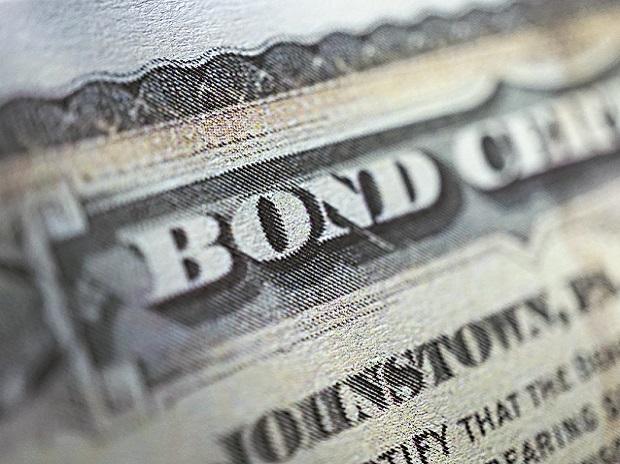
Bonds are frequently purchased by individuals who want to save money for the future or create an investment plan. You may acquire bonds from a variety of financial services businesses, banks, and online trading platforms. When you acquire a bond from a financial service firm, you will receive a certificate of ownership that specifies the amount invested, maturity date, and interest rate. It is referred to as ‘buying it straight’ from the issuer.
Government and corporate bonds are regarded to be some of the most secure investments available. You’re essentially loaning money to a firm or the government at a specified interest rate when you invest in the bond market.
While you can’t usually expect the same high returns from bonds as you do from stocks, you may anticipate a lot more security. As a result, the bond market thrives during periods of increased volatility and falling interest rates.
What is a bond?
Simply put, a bond is a loan in which you lend money to either the Australian Government or a company for a set amount of time at a fixed rate of interest. You can also invest in certificates of deposit, which you buy for a specific maturity date and receive interest payments on your investment at regular intervals. The principal sum is paid back to you at the conclusion of the term.
When shares return value in line with market advances, bonds offset a portfolio’s performance because they tend to do better when the economy is sluggish. When deciding on a new product, service, or business concept, you should carefully compare your options since some may be more dangerous than others.
What are the different types of bonds?
When it comes to bonds, there are several options in Australia. Each alternative has its own level of risk and earning potential, so make sure you evaluate them all carefully before making a selection.
Australian government bonds
The Australian government issues Commonwealth Government Securities (CGS). These can be purchased directly over the counter (OTC) or via the ASX through a broker or an online trading account. These types of bonds have a fixed face value and interest rate, with periodic payments made to you every three to six months throughout the life of the security.
Corporate bonds
This sort of bond is usually part of a public offering, in which a company offers a prospectus to the general public, and investors can make direct purchases. This is not the same as investing in a company, where you are a partial owner and your investment is affected by the company’s cash flow. With corporate bonds, you’re a creditor, and your return is limited to the agreed-upon interest payments and the return of your principal investment.
How are bonds valued?
The capital value may rise or fall before the maturity date, depending on current interest rates. The value of a bond is also influenced by how much interest has accumulated since the last coupon payment. When interest rates fall, the value of your bonds rises; conversely, when they rise, the value of your bonds goes down. These movements are only significant if you invest in floating-rate bonds rather than fixed-rate ones.
How do I start investing in bonds?
You can buy Australian government bonds in two ways: through a broker or on the stock market. You may invest in bonds via the OTC market (over-the-counter) or on the Australian Securities Exchange (ASX). You’ll need a broker or fund manager in both cases. OTC bond investing usually necessitates a large minimum investment (typically more than $500,000), but your return and interest rate are guaranteed for the life of your investment. Investing in bond products on the ASX allows you to invest as little as a few hundred dollars through a broker or online trading platform.
Remember, before you get started, it pays to assess your financial situation to determine whether investing in government bonds is right for you. Go to site to start your investment journey!











